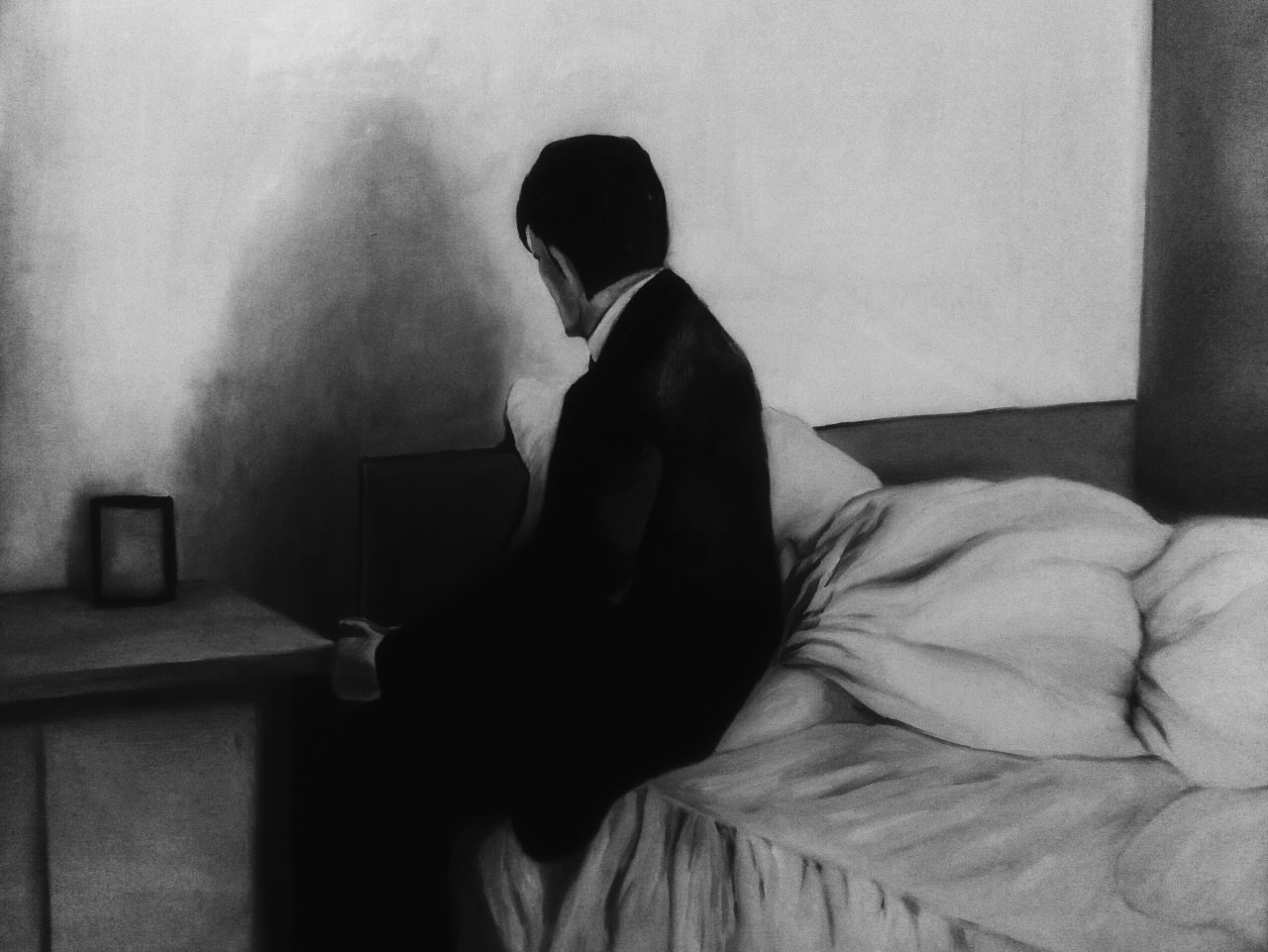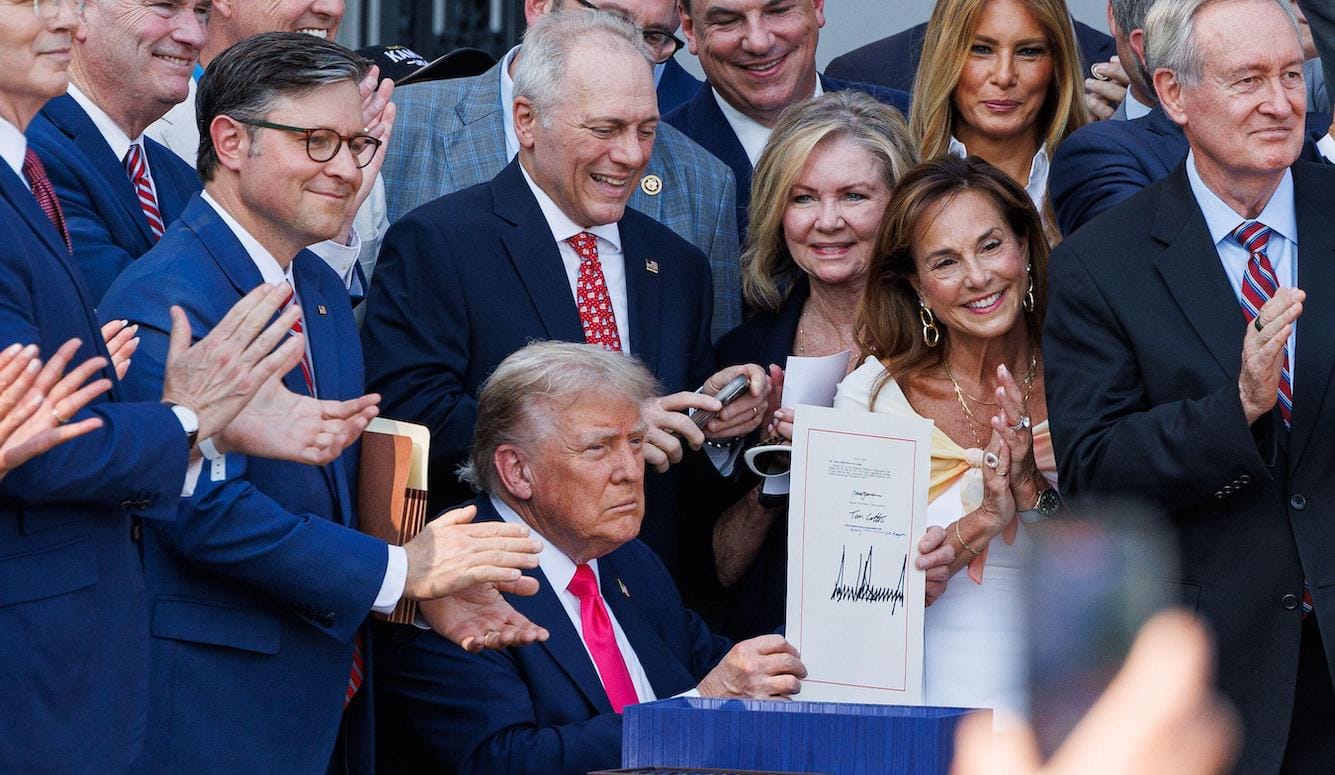Education
Conservatives Aren't the Only Voices Silenced by Academia's Intellectual Orthodoxy
The problem isn’t simply one of political imbalance, an absence of parity between Left and Right voices, but the extent to which humanities departments have become politicized.

Over the last three or four decades, the humanities have witnessed a shift so massive that it is barely noticed anymore. What was once an upstart movement has achieved the status of a truly successful usurper—normality. The leather arm patched ancien régime has been exiled to the land of past things. Horn-rimmed glasses, tattoos, and dyed hair no longer occupy the periphery, but the center. It is a revolution so thorough that it has completely painted over the canvas of our mental imagery. If you consider the stereotypical picture of a literature professor at a major university today, a myriad of images might come to mind—so many, in fact, that it might be impossible to conjure a single, coherent figure. However, what almost certainly won’t come to mind is a Byron-quoting septuagenarian in tweed.
This revolution has been political. Entire disciplines—Literature, Anthropology, Sociology, and the various interdisciplinary programs that end in the word “Studies” – have all become more strongly associated with a particular species of left-wing interpretation that now influences the broader discourse in journalism and on social media. In some departments, the social categories of analysis—race, class, and gender—have attained complete hegemony. The most recent convention of the Modern Language Association, the most prominent organization associated with the study of language and literature, hosted three times as many panels on post-colonialism as it did on Shakespeare. Like so many other areas of study, a consensus has been reached in English and Comparative Literature that the aims of one’s research should be about more than a body of knowledge or a disciplinary canon. Critique, as it is understood, is ultimately a criticism of the society (not the author) that produced a given text; all literary criticism reduces to social criticism. The contemporary literature professor need not even be an expert on any particular author or literary figure, but can be expected to be a master at applying a particular interpretive lens such as Queer Theory or Critical Race Theory.
The reality that the humanities and social sciences seem to be increasingly attracting one particular kind of person with one, very distinct, understanding of the world can be seen in other disciplines as well. Entire fields and subfields such as Diplomatic History and Military History are on the precipice of extinction, as more and more current and aspiring historians ignore or abandon these fields for the sexier (and more explicitly ideological) fields in Cultural and Social History.
What has happened in Literature and History departments as well as in other disciplines draws attention to something rarely considered in discussions concerning intellectual diversity in higher education. Conservatives will point to statistics such as the imbalance in the ratio between registered Democrats and Republicans as evidence of a political imbalance. Students it is argued are only getting one side of the story. While this sentiment is certainly understandable, it ignores an element of the current phenomena that might be even more deleterious to student learning and thus all the more intractable. The problem isn’t simply one of political imbalance, an absence of parity between Left and Right voices, but the extent to which humanities departments have become politicized.

The possibility that one might read a manuscript or approach a cultural or philosophical question from a perspective that isn’t explicitly political is now often dismissed as either naive or not worthwhile. In this way, the humanities have constructed a sort of ideological prison house for themselves. One of the most compelling features of humanistic study is the inexhaustibility of interpretations—the capacity to engage a text, a cultural practice, or an age-old philosophical question and derive new meanings and new possibilities from it. As the humanities have become subsumed into a larger political project, the possible interpretations that one may entertain have become narrowed to explicitly politicized readings. An education in the humanities risks becoming nothing more than a political education—that is to say, an education that isn’t worth pursuing for anyone other than the already-converted activist.
Imagining the lack of intellectual diversity as an exclusively political problem—a mere injustice to conservatives—fails to grasp the real stultifying effect on our collective intellectual life. The consequences of the hyper-politicization of the humanities go much further than the silencing of opposing voices. The understanding of criticism and interpretation as a primarily political act—one that should “unmask” the structural machinations of power or inform activism—also precludes readings and perspectives from a much wider spectrum of human experience, most of which (despite the protestations of certain critics) is not inherently political. Some approaches to art and culture, such as the contemplation of a work’s aesthetic qualities independent of its political or social content, seem to have been retired along with their tweed-clad exponents. Other paradigms, such as an analysis of literature informed by the current scholarship coming from the cognitive sciences, are aborted before they see the light of day.
One definition of fundamentalism is the tyranny of a single interpretation—the insistence upon the exclusive veracity of a single reading of a text, of one lens through which to view the world, or of one way of existing in it. Much of the humanities have entered into a new theocratic age, unable to imagine an intellectual life outside of a narrow set of political concepts. Far from achieving human and artistic emancipation, the fallout of this political turn has resulted in a new captive mind lingering behind the bars of its own ideological commitments, bound by its own lack of curiosity.
The solution to hyper-politicization involves more than “affirmative action” for the Right, in which a Marxist-feminist reading of Middlemarch is balanced by a conservative-libertarian reading. Instead, the humanities are in desperate need of a perestroika that opens up the possibility for scholars and students to pursue the full range of intellectual interests, political or otherwise, that might lead one to embrace the life of the mind in the first place.
This is unlikely to happen anytime soon. As political polarization deepens, both sides are more likely to entrench themselves further in the institutions that they see as their turf rather than concede ground. Nevertheless, the first step toward liberating the captive mind is to believe its emancipation to be possible.






